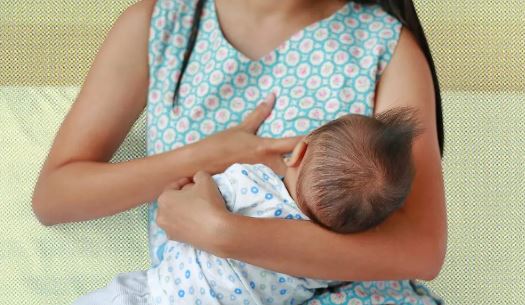The United Nations Children Fund, UNICEF, has made a new revelation about babies and breastfeeding.
The UNICEF said infants who are not breastfed are fourteen times more likely to die before their first birthday than those who are exclusively breastfed.
It explained that breast milk remains the first vaccine for every child and advocated that mothers, especially those that are working must be encouraged to exclusively breastfeed their children for six months.
UNICEF Chief of Bauchi Field Office, Dr. Tushar Rane, spoke Tuesday, at a media dialogue in Azare, Bauchi, for journalists from Bauchi, Gombe, Taraba, Adamawa and Plateau states.
According to him, “Breastmilk is the mainstay for safeguarding infants against life-threatening infections, it supports optimal brain development in children, especially in the first 1,000 days and it ultimately lowers healthcare costs.
“Workplaces challenges to breastfeeding are one of the primary factors responsible for early cessation of breastfeeding. For working mothers, juggling between tasks and breastfeeding may be nearly often impossible.
“The government and employers must provide the needed assistance for mothers and caregivers including those in the informal sector or on temporary contracts to conveniently breastfeed or support breastfeeding.
“Policies that encourage breastfeeding, such as paid maternity leave for six months, as well as paid paternity leave, flexible return-to-work options, regular lactation breaks during working hours and adequate facilities that enable mothers to continue exclusive breastfeeding for six months must be promoted.”
Chairman, Bauchi State Primary Healthcare Development Agency, Dr. Rilwanu Mohammed, who also spoke, confirmed that the government is also at the verge of enacting a law that would give nursing mothers ample time to exclusively breastfeed their infants.
He said the state is planning to take a cue from Lagos and Kaduna which had prescribed and regularised six months maternity leave for working class mothers to ensure their infants are adequately taken care of.

